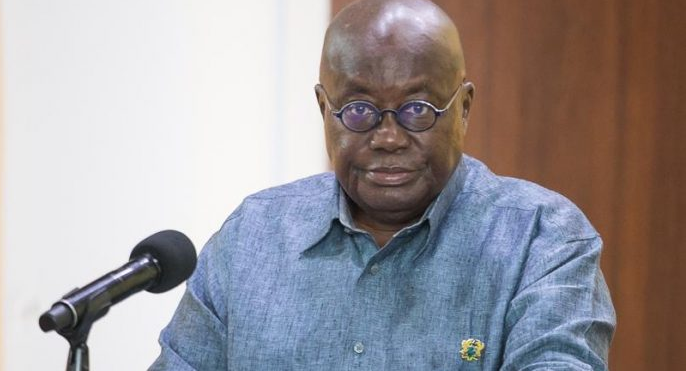
Find alternatives to winner-takes-all politics - KAPS Forum
Exploring the possibility of finding alternatives to the politics of winner-takes-all has been identified as one of the ways of fostering greater participation and inclusion in democracy and good governance among member countries of the Economic Community of West African States (ECOWAS).
Member states of ECOWAS are also being asked to consider the adoption of constitutional provisions that stipulate the maximum age limit at which a person can legally contest the office of the President.
The patriarchal structures that inhibit women's participation in politics should also be looked at in order to encourage more women in politics and decision making in society.
These recommendations were contained in a 15-point communiqué presented by the Deputy Dean, Faculty of Academic Affairs and Research of the Kofi Annan International Peacekeeping Training Centre (KAIPTC), Dr Kweku Danso, at the closing ceremony of the two-day Kofi Annan Peace and Security (KAPS) Forum in Accra last Thursday.
The two-day programme, which was jointly organised by the KAIPTC and Kofi Annan Foundation(KAF) in Geneva, was on the theme: “Democracy and Governance in the Context of Complex Crises in Africa”.
The event is Africa’s biggest forum that addresses contemporary peace and security issues on the continent.
Participation
The communiqué further called on nations in the sub-region to promote broad-based political participation and inclusivity in order to bolster the resilience of the state to anti-constitutional and anti-democratic practices.
It called for concrete steps to recognise the youth as critical stakeholders in democracy, development, peace and security in West Africa.
It said consideration should also be given to “specific legal provisions that prevents overconcentration of power in the hands of the executive as a means of promoting the rule of law and political accountability in West African States”.
Elections
On elections, the communiqué suggested the implementation of policies by member states to transition from the culture of elections towards the consolidation of democratic culture.
It urged member states to take steps to strengthen the independence and technical capacities of Election Management Bodies (EMBs) in order to “deliver credible electoral outcomes that reflect the will of citizens".
On the digital front, it was recommended that member states adopt measures to ensure effective regulation of the use and abuse of digital technologies in electoral processes as well as online discourses in order to prevent misinformation and hate speeches.
Civil society groups in the sub-region were also advised to reinvigorate their participation in engagements while ensuring neutrality in the political arena to counter tendencies and practices that lead to democratic reversals.
On the proposed revision of the ECOWAS Protocol on democracy and good governance, it was suggested to member states to adopt specific provisions that emphasise zero tolerance for constitutional manipulation with a mandatory two-term presidential tenure for all member states.
Preamble
Giving a preamble to the communiqué earlier, Dr Danso observed that the intervention of the military in politics was emerging at a time when many believed coup d’état had become a thing of the past in the sub-region.
Those developments, Dr Danso noted, were being complicated by the ongoing crisis resulting from the COVID-19 global pandemic as well as challenges posed by violent extremism and radicalism.
“The ECOWAS Protocol has therefore been proposed as part of the processes aimed at mobilising effective responses to these challenges," he stated.
